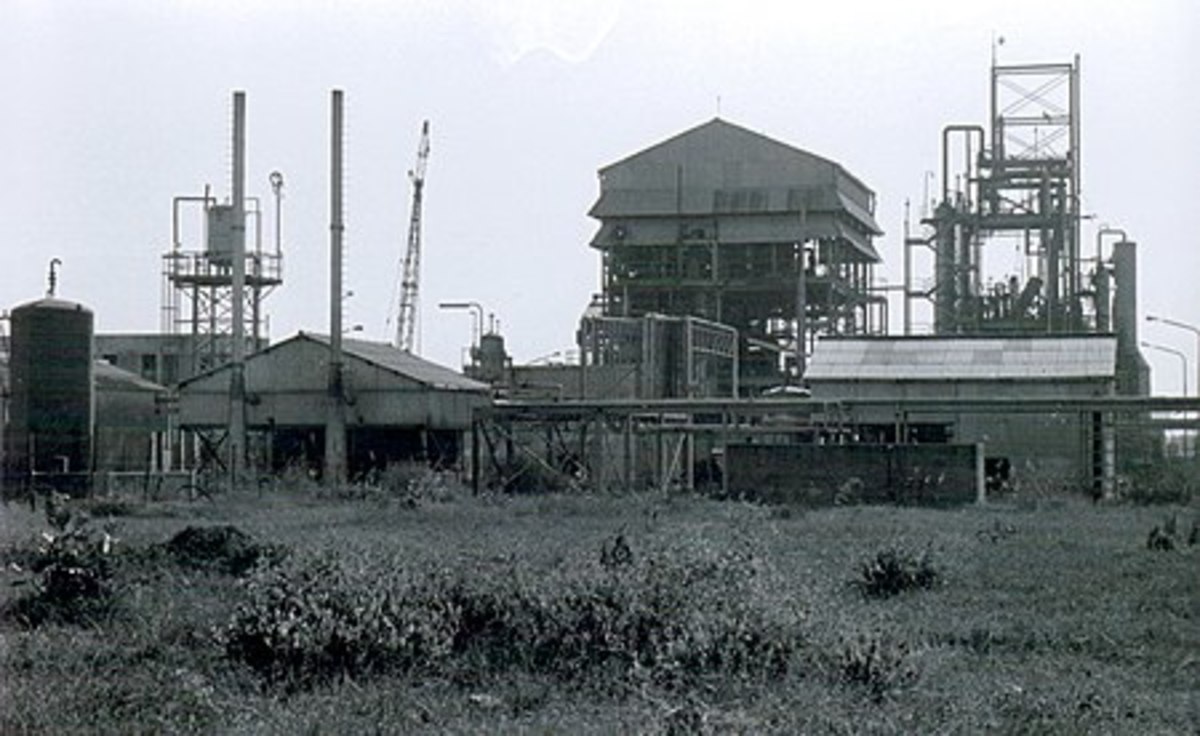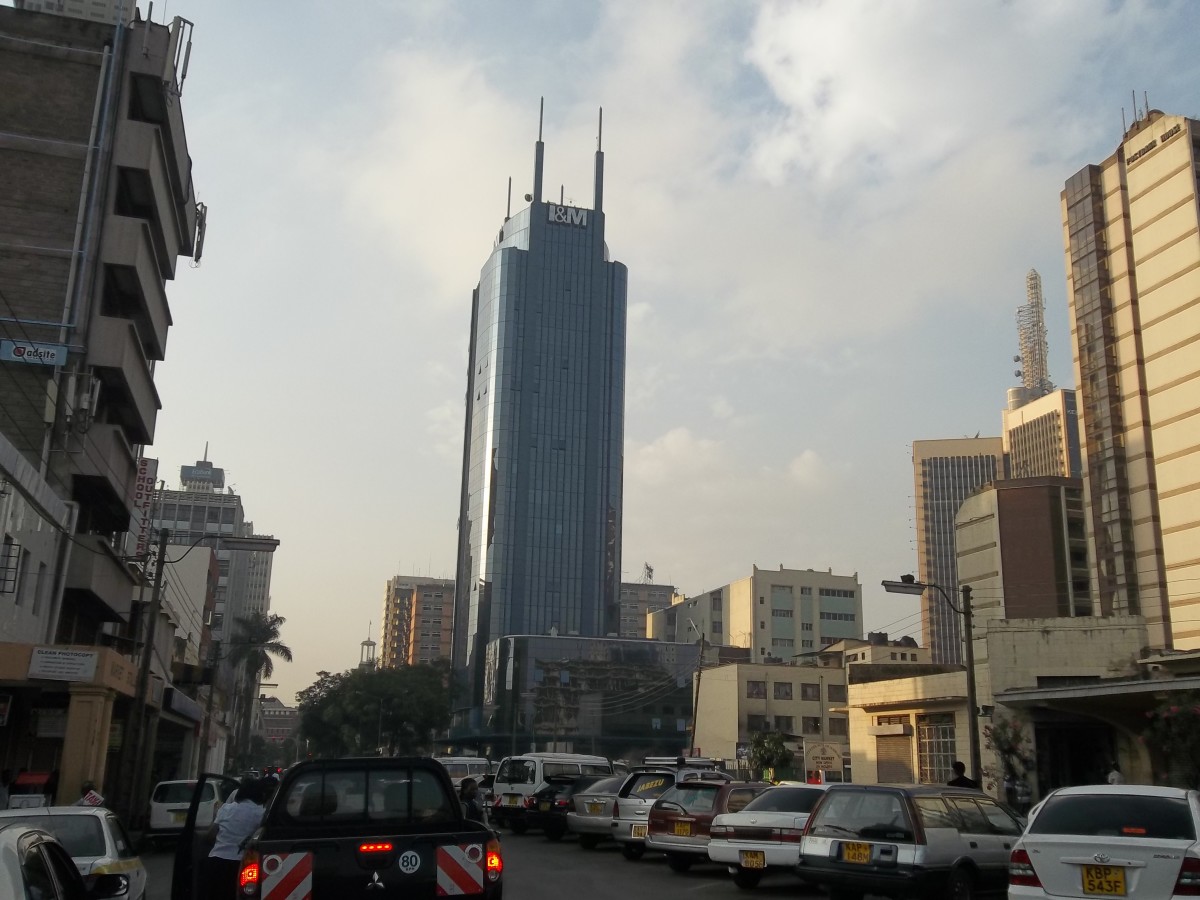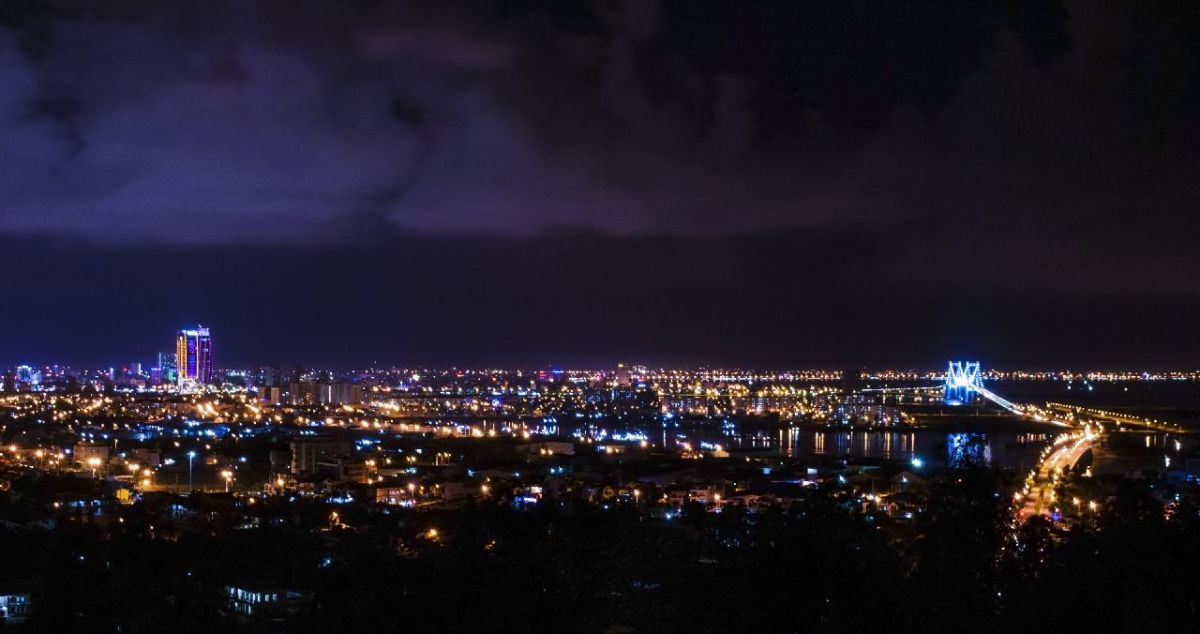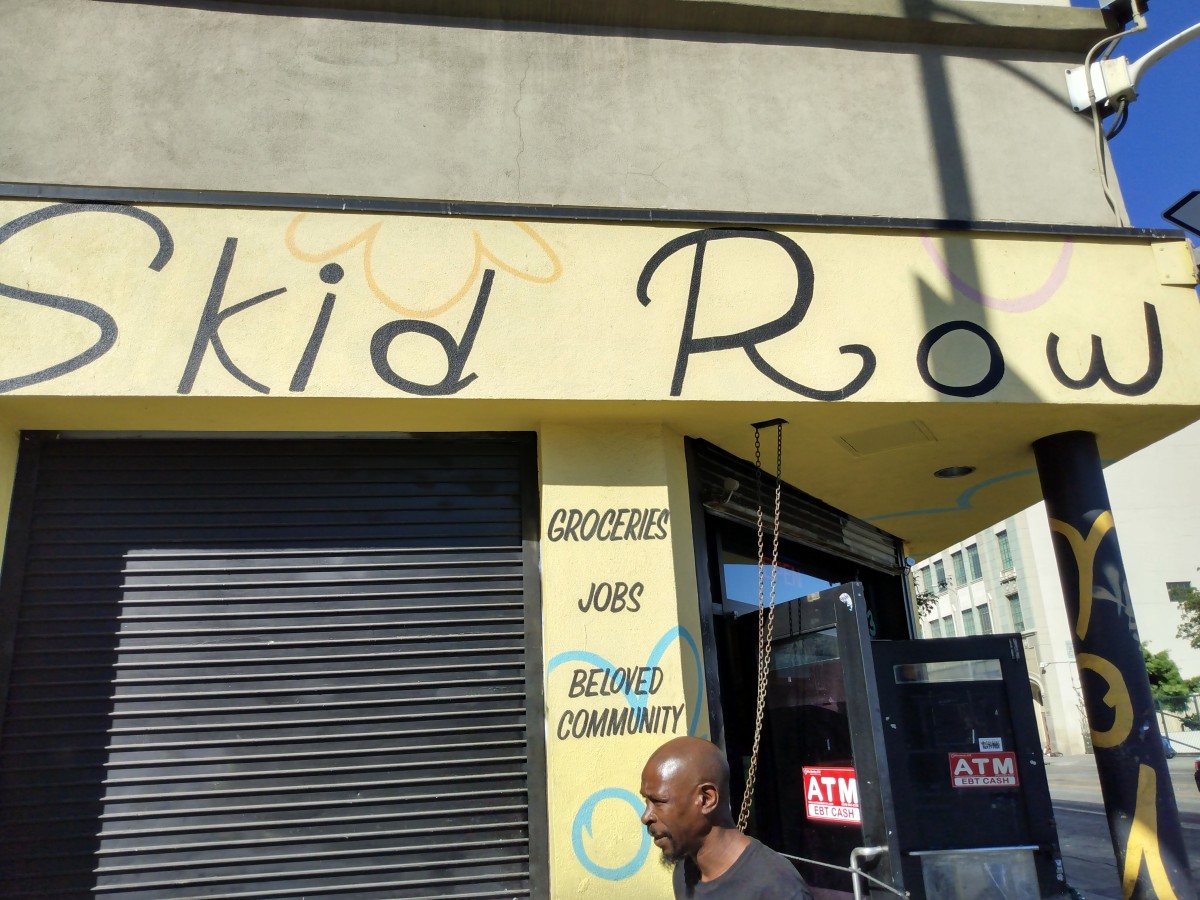Water shortage in Kayaba slum Nairobi Eastlands
Slum life
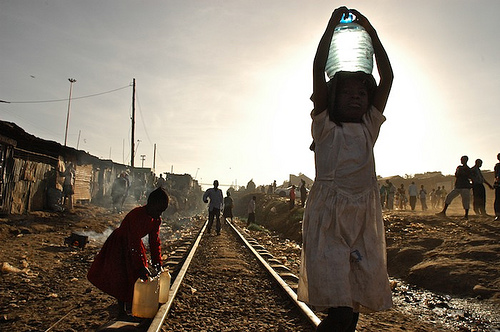
Water Shortage in Kayaba Slum of Nairobi’s Eastlands
Introduction
Water shortage in Kayaba slum has always been as a result of three key factors. One is social: overblown population. The second & third administrative and commercial respectively: lack of government concern and presence of water cartels.
Thousands of people including families and businesses have to rely on a single tap of running water sold to them by one landlord. Sometimes the tap runs dry; forcing women, children and a heterogeneous mixture of working class and jobless males to saunter long distances even to South B shopping center- a kilometer away-in search of the basic commodity.
Other than population pressure which creates a sharp demand vs. supply graph, the government considers the shanty town illegal and has all but forgotten the plight of the locals, leaving them to a merciless city council and a few private cartels.
It was time someone voiced the trepidation of hundreds of thousands of impoverished folks relying on water pipes that so often cost 20 shillings per gallon.
Kayaba: Water as a Resource
There is news worthy of quoting pinpointing just how this resource has become so scarce and yet so essential! A VOA report (VOAnews.com, 2012), apparently during the height of a short spell of acute water shortage in most Eastland suburbs of Nairobi, depicted women fighting for first allocation. They wanted to fill up their 20-liter jerry cans in the first place yet the water was trickling down at an alarmingly slow rate.
It is such cases as the above that cause chaos, not just at the social level as the above, but on the political front. It might be the one resource that can help politicians to win battles for their home turfs during elections. In fact, most of the political manifestos of parties in the Kayaba slum which is a zone in Embakasi/Makadara constituencies compose their main points with water at the centerpiece, besides other development agendas. Perhaps that is where the main trouble arises from: in that, citizens are deceived and blindfolded by their elected officials of the likelihood of meeting all their water needs only for the promises to end in a puff of smoke.
Sanitation Consequences
According to the Daily Nation story of March 2015 entitled, “The maladous indignity of open defecation in the 21st century,” the spotlight illuminates the dark side of slum life, meaning the environmental consequences of lack of water. One of these, according to the story, is ‘bush toilets’ from the fact that the few there are often prove insufficient to cater for locals-a few of these toilet shackles in a place like Kayaba serving above 1000 persons!
It is this bleak picture of sanitation gone down the drain that brings to mind the countless people who have to have a daily wash in the morning before they trek the mile to the nearby Industrial Area or CBD more than seven kilometers away. In fact most people have families to feed and the only way they can come to task is by managing to share toilets, water taps and public showers with others, going by the micro-economic conditions of the moment. Here is a reflection of these micro-economic factors that sway at whim to much dissatisfaction of locals:
- A toilet normally costs KSH5.
- A shower or public bath, with no shower head but only buckets to use cost KSH10, on average.
- A jerry can of water containing 20 liters normally requires anything between KSH5, in times of plenty, to Ksh20 in times of deficiency. It is not unrecorded even where it can cost more than KSH50 at times of acute need.
Having painted that blushing moment of water and sanitation in slums such as Kayaba, it is time to get into full review of the economic side of the residents who have to buy water at such a high price.
Self Help Groups: Water, Family and Economy
Strange as it may seem, it is usually organizations that try to save face when water shortage becomes alarming and not the individual leaders. A case in point is one slum family of football players, which according to a 2015 DN story, had to come up with a smart plan of soliciting for their own water. They did the miracle by building a tap of their own and using it to distribute water among their team members.
There are also countless self-help women’s groups that usually install, through the help of a leader or their own contributions, a water pipe and employ women from their group to provide water at low prices to all people, at large. In cases where the investment costs are enormous, it is the payback of the sales that brings back to them the much needed upkeep.
On the family front, it is not inevitable to find women and children crossing the bridge that divides Kayaba slum from the Kisii Village which, in turn, borders the well-off River Bank estate to get water. As water is life, it is senseless that countless people have to suffer the blunt whenever its scarcity hits the streets, and most of all, the family.
There are certain cases where water scarcity, interestingly, goes hand in hand, or is caused by fire. Yes, these fires often come up in the slum sending fire fighters to come to the rescue when the water pipes have already burst or have been exhausted by the fire. In many cases however, water will have ended or have been cut by the city council even before the seasonal burnings in the slum take place.
It is this picture that puts this part of Nairobi from achieving fast and progressive East African integrity, free of social inequalities.
In Summary
As the United Nations points out, and Trust Organization put is out, water is the major cause of social, economic and counter-ethnic clashes in Kenya, and most of all in a slum such as Kayaba. Though statistics more than a decade ago (2003) put water availability in the slums of Kenya to have reached the halfway margin, it is still a bitter pill especially for marginalized slum dwellers in shanty towns such as Kibera. It is not just this concern that brings up the problem of theft, killings and cattle rustling but the very devaluation of life at large in the slums of Kenya. There are also many people who can scarcely make food of their own from across the street like their richer counterparts do, and this is a possible reason why, if may so end this article, politicians will continue lying to people with the so-called redressing of water shortage.
Resources
http://www.trust.org/item/?map=water-shortages-driving-growing-thefts-conflicts-in-kenya/
slum, kayaba, nairobi, water shortage

